
Amid signs of macroeconomic stability, government is being urged to use the 2026 budget to embark on a comprehensive restructuring of the economy.
Professor Ebo Turkson, an economist, argues that as the state rolls out its 24-hour economy policy, government must use the current momentum to drive economic diversification; particuarly as favourable commodity prices like gold have strengthened fiscal and external positions.
“The 24 hour economy is on board, so if the right infrastructure is built to support that 24-hour economy we are going to see diversification in the economy’s production base and also our export base.”
The proposed budget date of November 13 will mark the first full-year budget of the Mahama administration since returning to power in 2025. Finance Minister Dr Ato Forson is expected to present the 2026 Budget Statement and Economic Policy to parliament on November 13.
However, it is subject to parliamentary approval.
The Finance Ministry has reportedly completed several rounds of stakeholder engagements and industry consultations to finalise the policies and programmes that will feature in the 2026 Budget.
With Ghana set to exit the IMF programme in May 2026, attention will be on how the Finance Minister plans to manage the economy in the post-programme period.
Hence, the 2026 Budget is expected to set the tone for fiscal management and growth strategy after the IMF programme. A key area of interest will be how Dr. Ato Forson intends to manage the fiscal deficit and expenditure in 2026 while maintaining macroeconomic stability.
The post Editorial: Use 2026 budget to comprehensively restructure economy appeared first on The Business & Financial Times.
Read Full Story

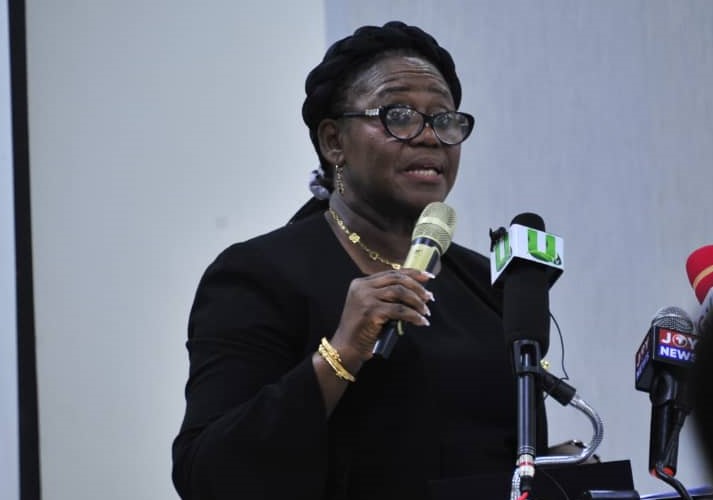



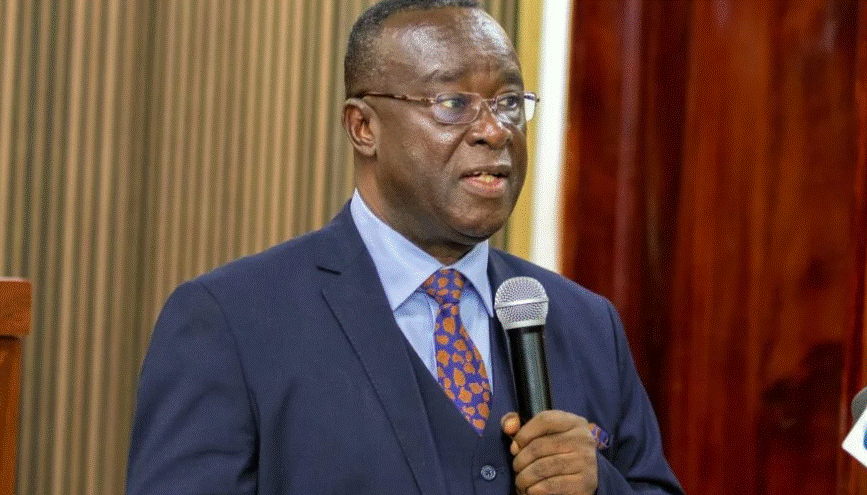

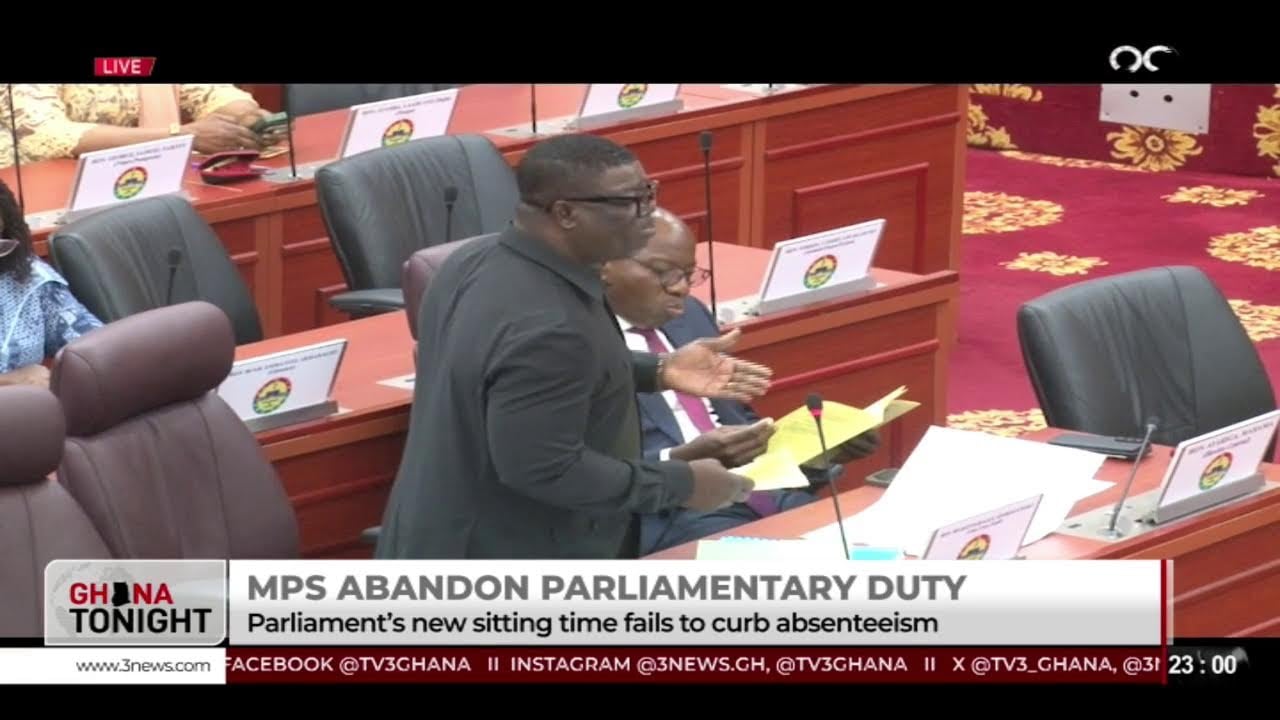

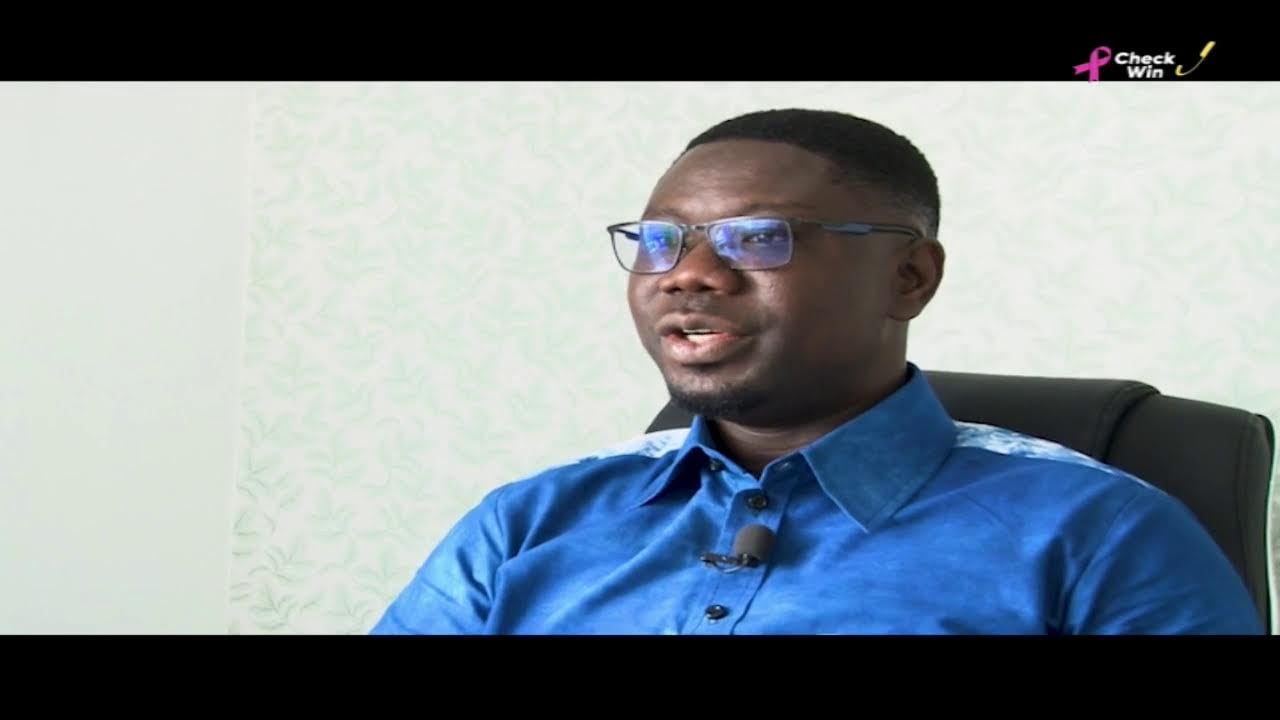




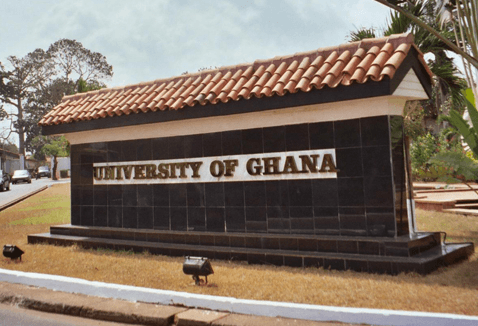








Facebook
Twitter
Pinterest
Instagram
Google+
YouTube
LinkedIn
RSS